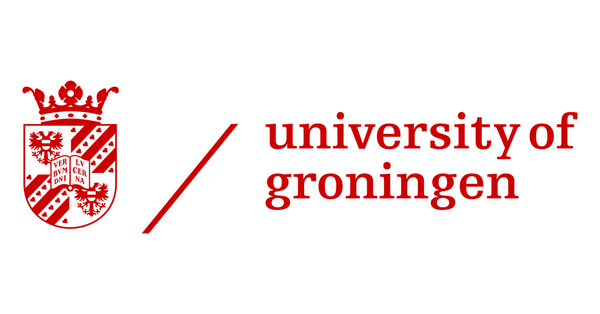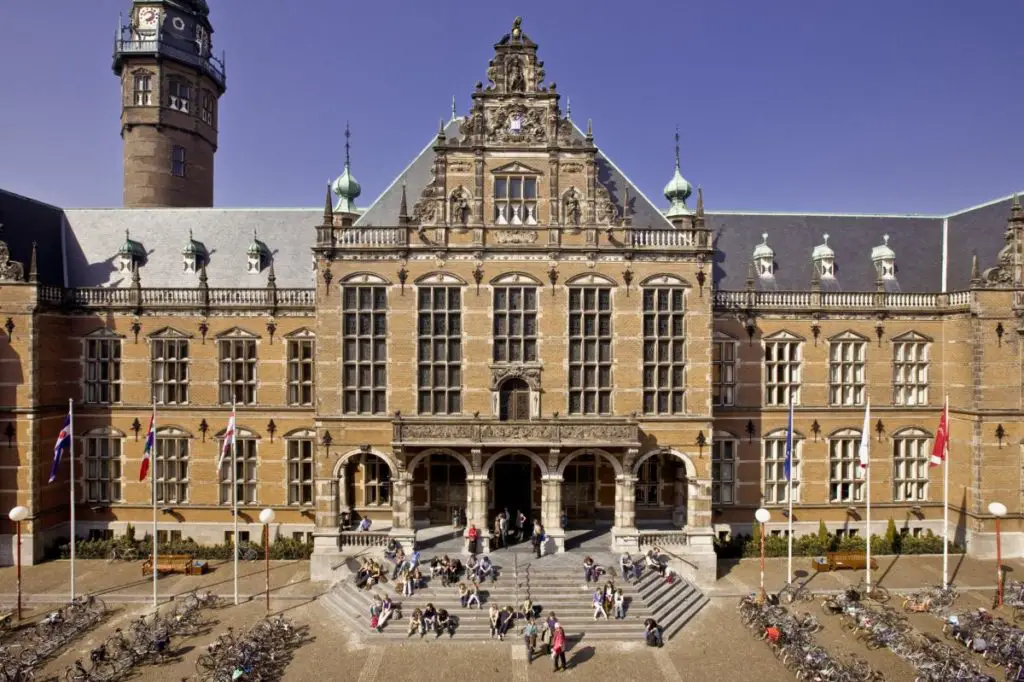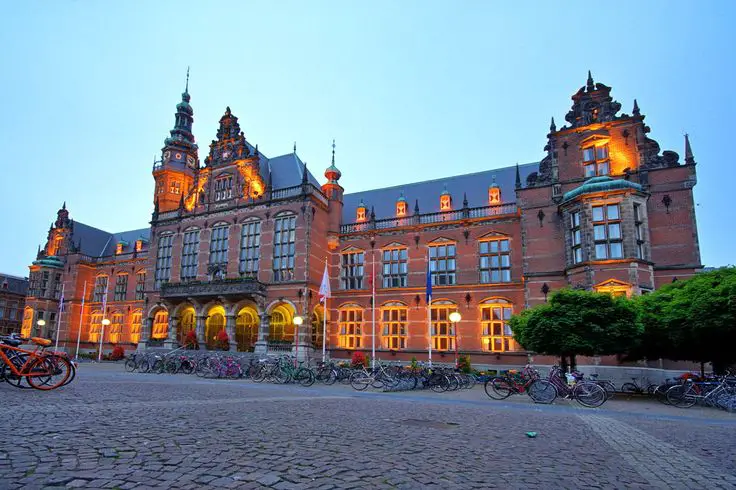The Amsterdam School of Historical Studies (ASH) currently has a vacant PhD position as part of the NWO-funded VIDI Project The Female Impact. Women, the Art Market and Household Consumption in the Dutch Republic, 1580-1720, led by Principal investigator (PI) Judith Noorman. ASH is one of the six research schools under the aegis of the Amsterdam Institute for Humanities Research.
What are you going to do
This PhD project is one of three closely-related projects, which together aim to map, measure and analyse the impact of women on the Dutch art market in the (long) seventeenth century by studying the household as an economic site. Funded through a VIDI-grant of the Netherlands Organization for Scientific Research (NWO), the programme takes an interdisciplinary approach to study women in the art market via three inter-related avenues:
- to collect and analyse diverse archival documents bearing witness to women’s household possessions and purchasing power;
- to study women’s tastes and preferences as consumers;
- to study the household as a space of consumption within which women found employment relating to the art market.
The PhD researcher will study objective 3 by providing an overview of women’s professional participation in the art market of the seventeenth-century Dutch Republic. Aside from women artists, the PhD candidate will study shop keepers, appraisers, art dealers and women in other professional roles to assess how various women navigated the art market, how many succeeded, and how they could be productive. The successful applicant will work closely with the postdoctoral researcher and the PI. A detailed research outline on the project may be obtained from Judith Noorman.
Tasks of the PhD candidate will include:
- submission of a PhD thesis within the period of appointment;
- participating in meetings of the project research group and developing a shared database;
- publishing one single-authored, peer reviewed article;
- presenting intermediate research results at workshops and conferences;
- organizing knowledge dissemination activities;
- co-organizing an international conference on women's impact on the early modern art market;
- participation in the ASH and Faculty of Humanities PhD training programs.
What do we require
As successful applicant you must have:
- a completed Master's degree History or Art History, preferably of the early modern period. You may apply if you have not yet completed your Master's degree only if you provide a signed letter from your supervisor stating that you will graduate before 1 September 2021;
- excellent research skills demonstrated by an outstanding Master's thesis and a demonstrable capacity to develop a track record of publishing in high-ranking journals and/or with leading presses;
- a strong cooperative attitude and willingness to engage in collaborative research;
- enthusiasm for communicating academic research to non-academic audiences;
- excellent command of Dutch and English.
Please note: if you already hold a doctorate/PhD or are working towards obtaining a similar degree elsewhere, you will not be admitted to a doctoral programme at the UvA.
Our offer
You will be employed at the University of Amsterdam’s Faculty of Humanities within the Amsterdam School of Historical Studies (ASH).
The employment contract will be for 48 months, full-time (38 hours per week), under the terms of employment currently valid for the Faculty. The first contract will be for 16 months, with an extension for the following 32 months, contingent on a positive performance evaluation within the first 12 months. The intended starting date is 1 September 2021.
The gross monthly salary will be €2,395 during the first year to reach €3,061 during the fourth year, based on 38 hours per week, in accordance with the Collective Labour Agreement of Dutch Universities.
As PhD candidate you receive a tuition fee waiver and have free access to courses offered by the Graduate School of the Faculty of Humanities and the Dutch National Research Schools.
Questions
For further information, please contact:
- Judith Noorman, Principal investigator
About the Faculty of Humanities and the Amsterdam School of Historical Studies
The Faculty of Humanities offers a range of BA and MA programmes with a strong international profile and a large number of disciplines in the field of language and culture. Its research covers all important subdisciplines of the Humanities.
ASH is one of the six research schools/institutes under the aegis of the Amsterdam Institute for Humanities Research. Each research school/institute covers an important research area within the faculty and has its own research programme. Research schools/institute are also the home base for PhD candidates, who interact with each other and with senior members in the research groups that make up the research school.
Job application
The UvA is an equal-opportunity employer. We prioritise diversity and are committed to creating an inclusive environment for everyone. We value a spirit of enquiry and perseverance, provide the space to keep asking questions, and promote a culture of curiosity and creativity.
Applications should include the following information, in a single PDF file (not zipped):
- a letter of motivation;
- a research proposal of 800-1000 words, showing how the candidate would approach the project;
- a full academic CV;
- a list of all Master-level modules you have taken, with an official transcript of grades;
- the names and contact details of two referees who may be approached by the selection committee.
Please submit your application by means of the link below (use the obliged field ‘CV’ in the application form) no later than 26 April 2021.
Only complete applications submitted as one PDF file will be considered.
Interviews will probably take place between 17 - 20 May 2021. All interviews will be held via Zoom.




